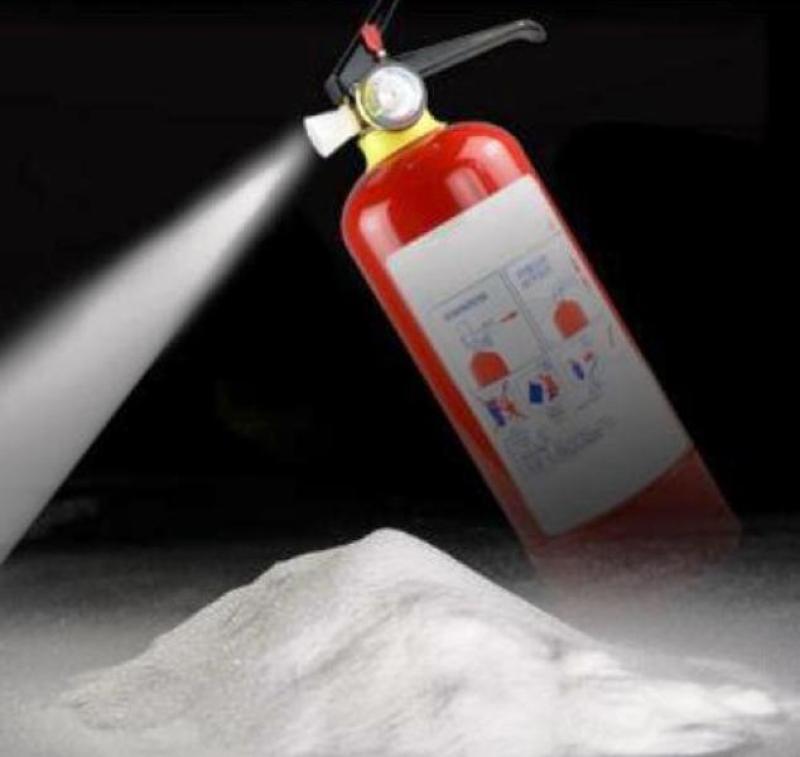What is the daily dosage of baking soda?
I am not a medical professional, and it's important to consult with a healthcare provider for personalized advice. However, I can provide some general information about baking soda.
Baking soda, or sodium bicarbonate, is commonly used in cooking and baking. Some people also use it for various health purposes, such as for indigestion or heartburn. However, using baking soda for health reasons should be done with caution and under the guidance of a healthcare professional.
The ideal daily dosage of baking soda can vary depending on the specific health concern and individual factors. It's crucial to note that excessive consumption of baking soda can lead to side effects and complications, such as electrolyte imbalances.
If you are considering using baking soda for health purposes, it's essential to talk to your healthcare provider first. They can provide guidance based on your health history, current medications, and overall health status.
In general, it's not advisable to use baking soda as a health remedy without proper supervision. Always seek professional medical advice before using it for medicinal purposes.
1. Recommended Daily Dosage of Baking Soda
The recommended daily dosage of baking soda depends on the specific use. Here are some general guidelines:
For heartburn or sour stomach: Adults and teenagers can take 3.9 to 10 grams (1 to 2½ teaspoonfuls) in a glass of cold water after meals. However, the total daily dose should not exceed 19.5 grams (5 teaspoonfuls).
To make urine more alkaline: Adults and teenagers can take an initial dose of 4 grams, followed by 1 to 2 grams every four hours. The total daily dose should not exceed 16 grams. For children, the dosage is based on body weight and should be determined by a doctor.
For athletic performance: Athletes may take 200 to 300 mg/kg of body weight 60 to 150 minutes before exercise. However, this should be done only under the supervision of a doctor or qualified healthcare professional.
2. Health Benefits of Controlled Baking Soda Consumption
Baking soda has several potential health benefits when consumed in controlled amounts. These include:
Relieving heartburn and sour stomach: Baking soda's antacid properties can neutralize stomach acid, providing quick relief from heartburn and indigestion.
Maintaining electrolyte balance: Baking soda can help maintain electrolyte balance, particularly by replenishing sodium levels. This can be beneficial for athletes and individuals who engage in strenuous activities that lead to significant fluid loss.
Supporting kidney function: For individuals with chronic kidney disease, baking soda can help neutralize excess acid in the blood, reducing the burden on the kidneys.
Oral health benefits: Baking soda can be used as a mouthwash to reduce plaque and bacteria, promoting oral hygiene.
3. Risks and Side Effects of Excessive Baking Soda Consumption
While baking soda offers potential health benefits, excessive consumption can lead to adverse effects, including:
Alkalosis: Excessive baking soda intake can raise blood pH levels, resulting in alkalosis. Symptoms of alkalosis include nausea, vomiting, muscle twitching, and confusion.
Electrolyte imbalances: Excessive baking soda intake can disrupt electrolyte balance, leading to high sodium levels and low potassium levels. This can cause muscle cramps, weakness, and irregular heartbeat.
Digestive issues: Excessive baking soda consumption can cause digestive problems, such as bloating, diarrhea, and constipation.
High blood pressure: Baking soda contains sodium, which can contribute to high blood pressure in individuals with hypertension.
It is important to consult with a doctor before using baking soda for any medical purpose, especially if you have any underlying health conditions. They can help determine the appropriate dosage and monitor your health for any potential side effects.












